Press Releases, News & Technical Documents

Your EV Webinar Questions Answered
By Scott Hinson – Thank you for joining Cavan Merski and me for our recent webinar about EV charging trends. We’re following up with answers to some great participant questions.
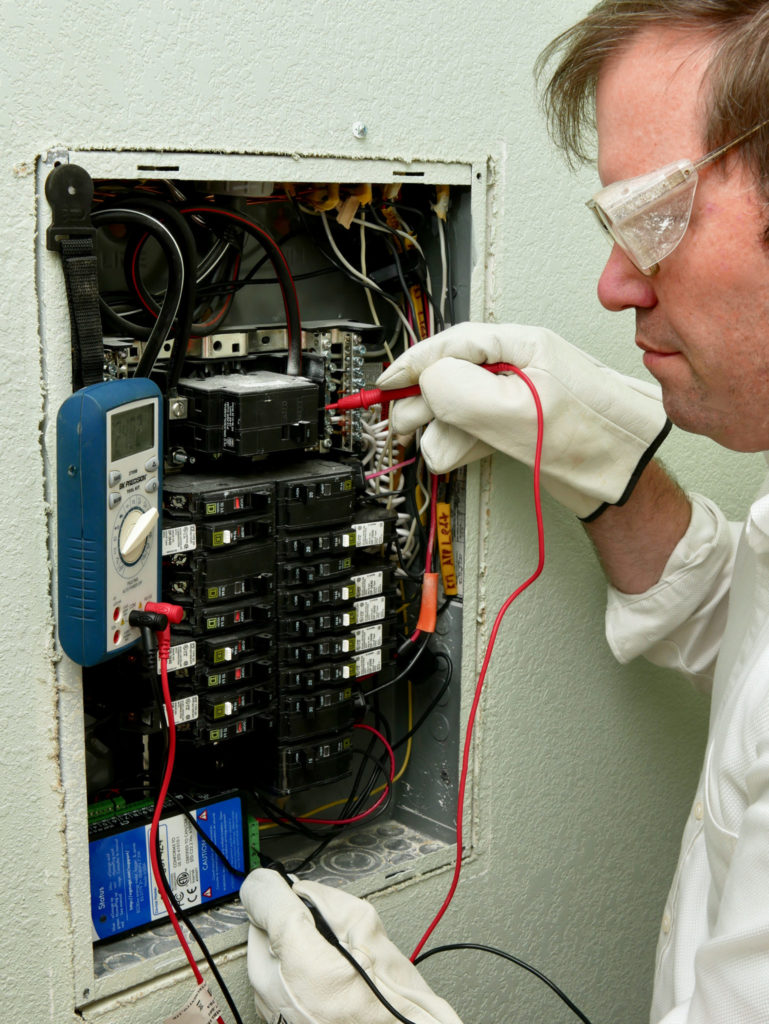
Want to Save the Planet? Call an Electrician First. Better Yet, Become an Electrician Yourself.
By Richard Smith – We’ve heard for years that “we all have a role to play” in creating a cleaner economy. As the electrification trend ramps up, we’re about to see just how critical electricians will be.
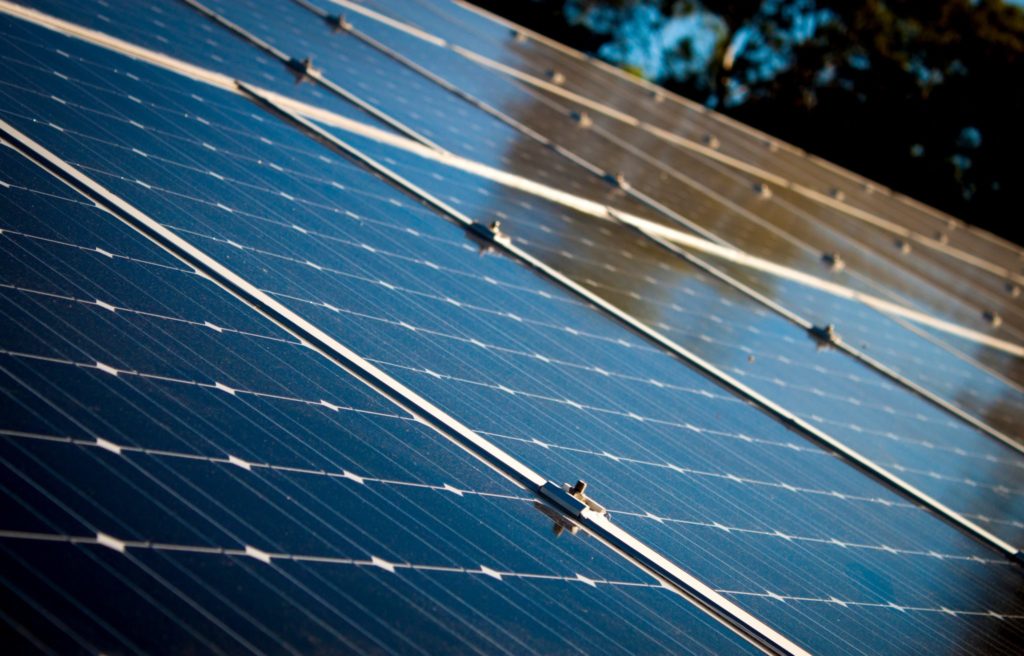
Inflation Reduction Act Sets United States on Path to Clean Energy Economy
The Inflation Reduction Act of 2022 sparks the country’s largest investment to address climate emissions and rapidly accelerate the transition to clean energy. Following is a statement from Suzanne Russo, CEO, Pecan Street Inc.

Digital Dirt Update: Using AI/ML to Advance Soil Carbon Sequestration
By Scott Hinson– Pecan Street’s Digital Dirt initiative was designed to accelerate the development of cost-effective ways to predict how land management practices can increase soil organic carbon, a promising climate solution. The next generation of high-tech sensors will surely be part of the solution, but they a still far from being something most producers can use to obtain accurate results. We see significant near-term potential for simulation models to fill this gap.
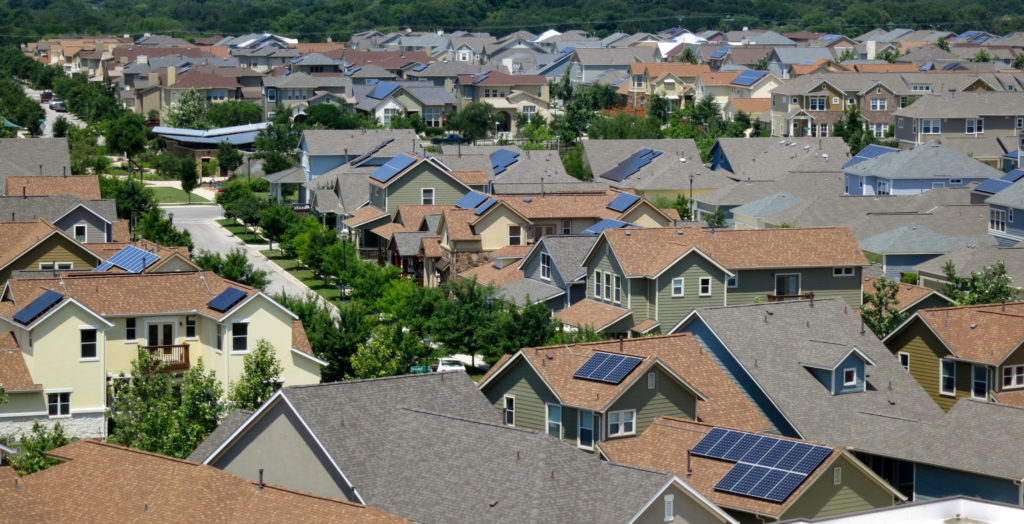
Help Save The Grid, Get Free Stuff: Our New Study Needs 50 More Participants in Austin
By Rachel Jenkins, director of operations, Pecan Street Inc. – Want to reduce your home’s grid impact without turning up your AC? You may be a perfect fit for a study we’re conducting with the University of Michigan that will test automatic, on-the-fly conservation events without adjusting your thermostat.
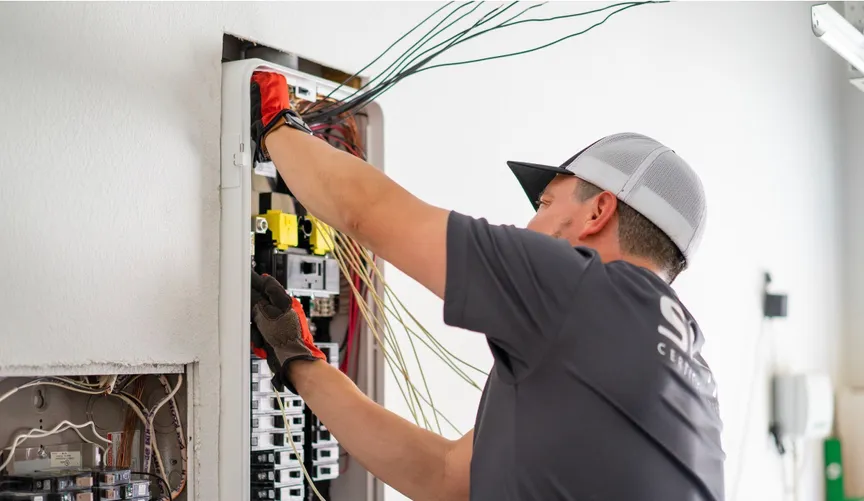
Canary Media: Smart Electric Panels in Homes Could Prevent Overtaxing the Grid
Canary Media – Utilities are worried that homes switching to electric heating, electric cooking and electric-vehicle charging will create major new strains on their power grids. And homeowners looking to go all-electric face steep costs if they need to upgrade their grid connections to handle bigger electrical loads. A new report suggests that both problems could be addressed by the latest smart electric panels.
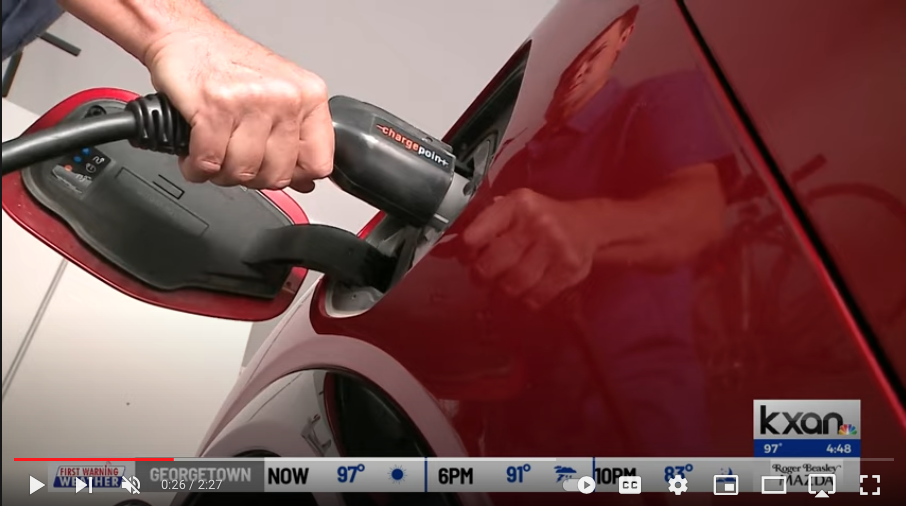
Pecan Street on KXAN: Why One Austin Neighborhood Tracks Energy Use Down to the Circuit
AUSTIN (KXAN) — Every light bulb, microwave and electric vehicle charger — tracked! That’s what around 300 homes are doing in the Mueller neighborhood in east Austin. They’re doing it as part of a research project called Pecan Street, and the data they’re collecting could reshape energy usage in the years to come.
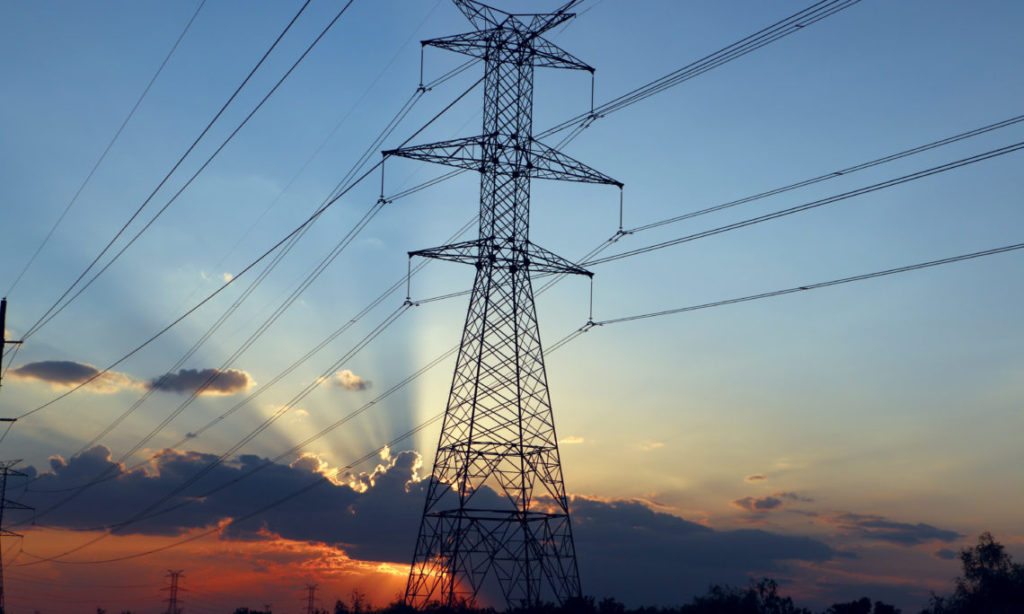
During Texas’ Heatwave, Every Degree Matters. And so Do Conservation and Efficiency.
By Scott Hinson, chief technology officer, Pecan Street – For the second time in a week, Texas’ grid operator (ERCOT) and local utilities yesterday issued “calls for conservation” as the state bakes under a prolonged heatwave. Among the requests: increase your thermostat setpoint to 78 degrees to reduce state-wide air conditioner load. It’s unsurprising that air conditioning increases electricity demand during a heatwave. But it may surprise you to know just how powerful a driver it is and how close it can push the state toward a real problem.

Pecan Street’s JupyterHub Can Help Rapidly Scale and Iterate Your Research
By Cavan Merski, data analyst, Pecan Street – To allow better access and more sophisticated analysis of this data, we launched our own Jupyterhub, a multi-user server for Jupyter Notebooks designed to support large-scale analysis by using GPU and memory based on a server rather than a local machine. It also allows multiple users – like groups of students or researchers – to share the same document at the same time.





